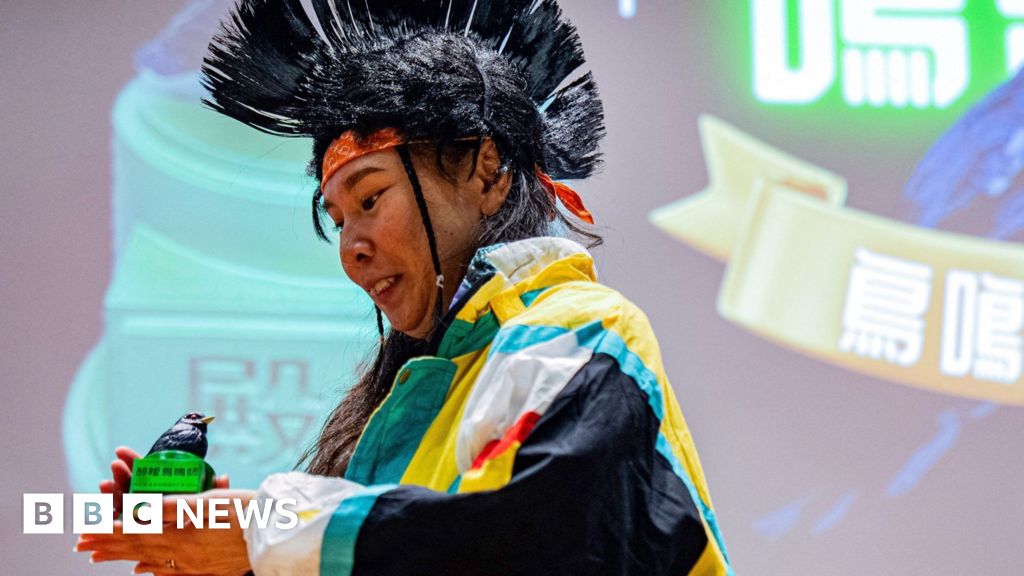In recent attempts to rejuvenate its tourism sector, Hong Kong is facing a paradigm shift from its roots as a shopping paradise to becoming a hub for entertainment and specialized events. Following years of disruption due to persistent protests, COVID-19 controls, and intensified security measures, the city's reputation has taken a hit.
Up-and-coming travelers, particularly from mainland China, are opting for short, cost-effective trips. Take, for instance, two sisters from southwestern China, Hu Di and Hu Ke. Though they only spent around $150 on their whirlwind visit—sampling local cuisine and sightseeing in under 12 hours—their limited expenditure reflects a broader trend among many Chinese tourists, who now prefer quick experiences over luxury shopping sprees.
Previously, mainland Chinese tourists accounted for a significant portion of Hong Kong's tourism revenue, splurging on high-end goods like designer clothing and watches. However, those numbers have dwindled, prompting city officials to innovate their approach towards attracting visitors who are willing to invest more in their experiences.
To this end, Hong Kong has unveiled ambitious projects, including a $4 billion sports complex at the iconic site of the former Kai Tak airport. The new stadium boasts high-tech features, such as air conditioning in all 50,000 seats and is designed to host significant events. Categories like concerts and major sporting events are at the forefront of the city's rebranding efforts to draw in travelers willing to spend.
In early 2025, during a noteworthy Rugby Sevens tournament, the stadium reached near full capacity, symbolizing a potential resurgence in interest amongst tourists, while signaling a renewed commitment to establishing Hong Kong as the region’s leading events capital. Moving forward, city officials are optimistic this pivot could facilitate a broader appeal and boost economic growth in tourism.

















